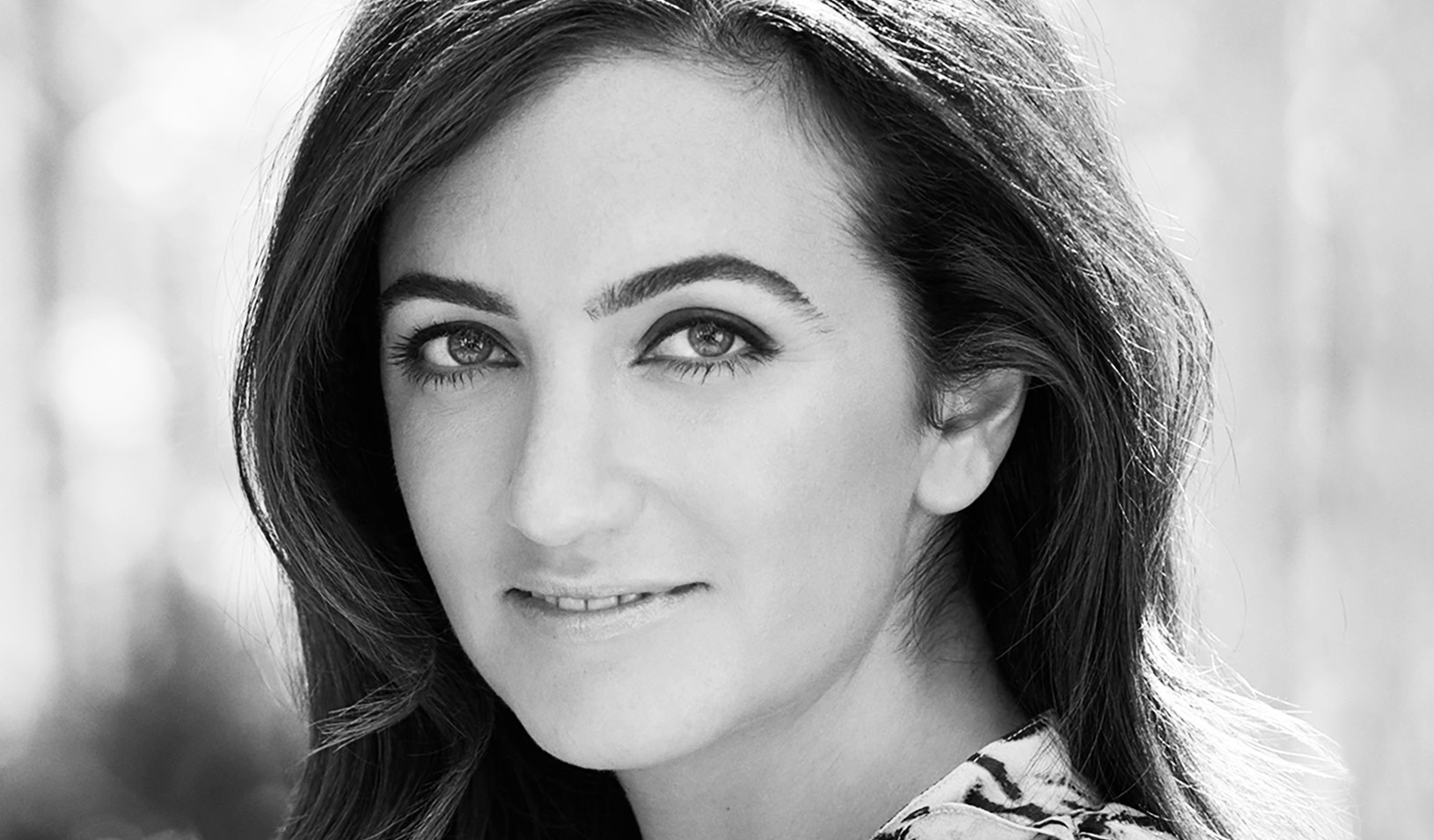
Hire people who are willing to volunteer for things outside of their responsibilities, advises Zola Co-Founder Shan-Lyn Ma (MBA ‘06).
Shan-Lyn Ma is CEO and a co-founder of Zola, a new website for wedding registries that was launched in 2013. Ma, as well as her co-founders and much of the early team at Zola, hails from Gilt Groupe, a New York-based website that made online flash sales fashionable. Ma was the creator and general manager of Gilt Taste, which sold gourmet food and wine, and she was the early product lead on the Gilt Man, Gilt Home and Gilt Mobile launches. Raised in Australia, Ma graduated from Stanford Graduate School of Business in 2006.
In 10 words or fewer, what is the big idea behind your business?
Completely rethink wedding registries online.
What is the best advice you’ve ever received?
When I was growing up in Australia, my mother always said to me, “One day you will go to America and get your MBA, and you’ll have a fantastic career.” I don’t know why she said that. We never knew anyone who had an MBA. It drove me to think outside my immediate environment and believe that anything was possible. Whenever I catch myself thinking something is unrealistic, I think, “Well, is it really unrealistic, or is it just a limit other people put on me or I put on myself?”
What was the most difficult lesson you have learned on the job?
Hiring senior tech leaders. Engineers in general are very hard to find. The negative impact of hiring a bad engineer is outsized because one bad piece of code can take down an entire website. For a senior technologist, it is even more complicated because you are looking for someone with high-quality tech skills as well as someone who can manage people both inside and outside of the tech team.
What advice would you give other entrepreneurs on how to build a great business?
Kevin Ryan (financier and entrepreneur behind Gilt, Zola, 10Gen and Business Insider, and former CEO of DoubleClick) is a mentor of mine. He has very clear philosophies about building businesses. One thing I hear him saying is that you need to hire great people who are extremely smart and also are willing to do anything to make it work. How do you screen for those people? I find a lot of good people through my network. I meet with them several times. I look at what they’ve done in past roles that shows they are willing to move around. They should volunteer for things outside of their responsibilities. People who are truly able to do anything get excited by multiple things.
How do you come up with your best ideas?
At Zola I talk to our users at least once a day. The core premise of Zola came from interviews with couples who were either recently married or going through the planning process. As we were building the product, we talked with more than 200 couples and asked them what they wished they could do differently. That is how we learned about one of the biggest pain points: Once you register, people buy things for you and boxes start to show up at your door. You don’t know what’s in each box, or whether it’s something you even want. Rather than being excited when new packages arrived, we heard that couples were relieved when they would come home and there were no boxes waiting for them. That insight gave us the idea that we should allow couples to put their gifts in a “hold” state. Maybe they want to wait for delivery until after the honeymoon. Or maybe they registered for an item with the intention of returning it later. We allow couples to make exchanges online before the boxes are even sent to them.
What is your greatest achievement?
In two years’ time I hope to be able to say it is Zola.
What do you consider your biggest failure?
I was heartbroken when Gilt Taste was closed. It was not my decision. I poured my heart into it and recruited people who were the best in the world at what they did. It was painful to have to let all those talented people go.
What values are important to you in business?
The way I lead is informed by the “touchy-feely” class at Stanford. A lot of the things I value were taught in that class, such as honesty, real-time feedback, integrity, teamwork and quality in everything you do.
What impact would you like to have on the world?
I moved to the U.S. wanting to be a builder of great tech companies. That’s still what I’m working toward.
Why are you an entrepreneur?
I like to work on a wide range of ideas and look at whether they are good or bad, and to figure that out quickly. I’m attracted to that element of speed. Can the idea be bigger? Can it be taken in a different direction to be even more powerful or impactful?
What was your first paying job?
In my first year of undergrad in Australia, I was an early employee at an education startup that taught economics to high school students. I taught classes, wrote textbooks and marketing copy and worked on sales strategies. It never felt like work to me.
What is the best business book you have read?
Lean In by Sheryl Sandberg. It was brave of her to have written that book. She doesn’t need to prove anything about how strong she is. I related to many of the mistakes, lessons and anecdotes she wrote about. I have always been passionate about supporting and promoting women. The numbers show it’s still grossly unequal. The book made me remember times when I had been discriminated against, whether overtly or in a more subtle way, but I never knew how to deal with it. I have learned there are multiple ways to address discrimination without coming off as hostile.
What businessperson do you most admire?
Sheryl Sandberg.
What is the most valuable thing you took away from your time at Stanford?
Courses in interpersonal dynamics made me realize I wanted to lead others.
What do you think is the greatest innovation in the past decade?
The iPhone. I still remember when it first came out, looking at it in awe, thinking, “Isn’t this amazing?”
For media inquiries, visit the Newsroom.






